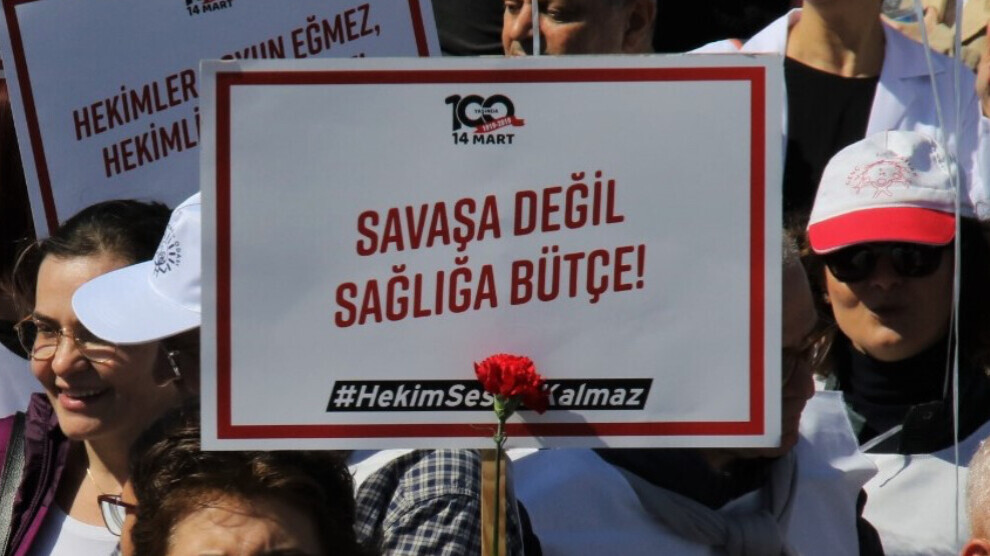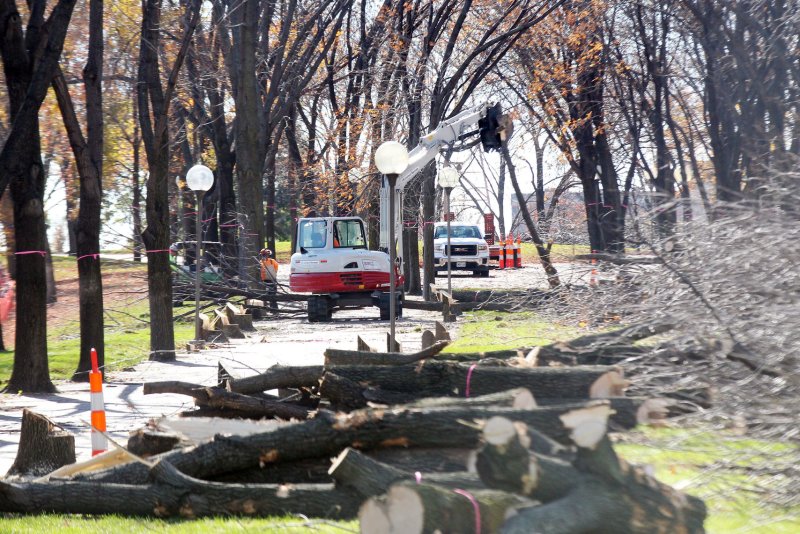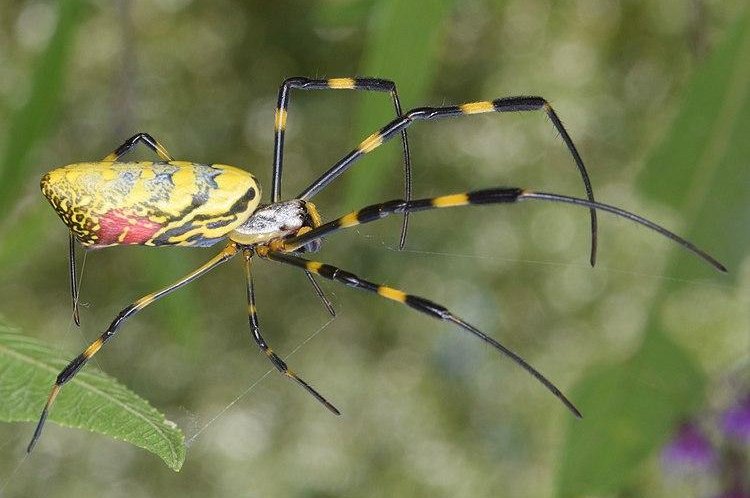KURDS/TURKEY
KCK Health Committee expresses solidarity with health workers“The work is yours; the word is yours; this country is yours. Those who are supposed to leave this country are those who look down on your work. Those who are supposed to leave are the fascist AKP-MHP government.”

ANF
NEWS DESK
Tuesday, 15 Mar 2022,
In a written statement on Tuesday, the KCK Health Committee praised the resistance of health workers and doctors who have been raising their voices for months, and celebrated March 14, Medicine’s Day in Turkey.
“The fascist AKP-MHP government should go, not the physicians,” the KCK Health Committee said in a written statement in a reference to Turkish President Recep Tayyip Erdogan's remark “If doctors want to go abroad, just let them go.”
Addressed to the medical professionals and healthcare workers that have been raising their voices, the statement of the KCK Health Committee includes the following:
“We support your actions that have been going on for months to have your voices heard. You have expressed your own demands and goals with the most persistent and revolutionary enthusiasm. The work is yours; the word is yours; this country is yours. Those who are supposed to leave this country are those who look down on your work. Those who are supposed to leave are the fascist AKP-MHP government.
You are honoured members of a profession dedicated to society and have worked to serve citizens based on your hard work, knowledge and years-long professional experience. You are the leading members of this society. Your actions and stance will lead a social revolution.
The struggle you have carried out for a long time is just and meaningful. A public health service based on preventive health care, abolition of privatizations, pay rise and introduction of legal amendments that will eliminate the violence experienced in the health sector are among the most important demands.
Violence against health workers and doctors has become an ordinary thing now. There is no legal mechanism to stop this violence. On the contrary, violence is encouraged by the authorities through social media.
Furthermore, pandemic conditions and the ongoing economic crisis continue to hit health workers and doctors. The government ignores the rights of health workers and doctors and favours capital owners. Like all social segments, you can no longer make a living as health workers. Your struggle is the concrete expression of putting an end to all these injustices.
Access to health services is getting harder and harder. The entire burden of the health system that does not function properly has been on your shoulders. Health workers are overwhelmed by the heavy workload. They are subjected to anti-democratic practices such as governmental decrees (KHK) and investigations, as well as economic problems. You are protesting against all these injustices and violence to protect your rights to freedom and the health rights of citizens.
Your protests are an objection to the fascist attacks of the Erdogan government. The government uses public expenditures over military spending against the Kurdish freedom struggle. Your struggle is also the step to say stop to this brutal war.
This system, which makes you unable to provide health services, has shown that it is not sustainable. Now is the time to enjoy your rights. You have all kinds of mental capacity and work experience to resolve the issues. We support your actions and celebrate your 14 March Medicine Day.”








